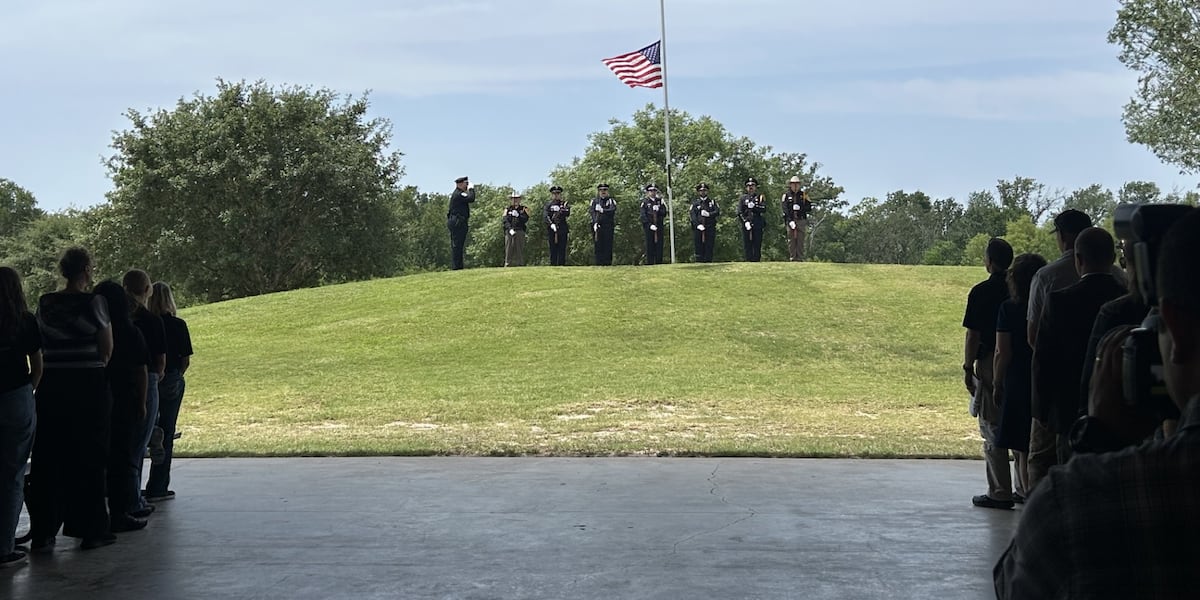Supporting Our Veterans: Understanding and Addressing Mental Health Challenges
2025-05-19

WDBJ
This Memorial Day, let's move beyond remembrance and focus on the vital support our veterans need. Many face unseen battles – mental health struggles that require understanding, compassion, and effective resources. This article delves into the specific challenges veterans encounter, explores the factors contributing to these issues, and highlights the crucial steps we can take to ensure they receive the care they deserve.
The Invisible Wounds of Service
The sacrifices made by our veterans are immeasurable. While we rightly honour those who have fallen, it's equally important to acknowledge the ongoing struggles of those who have returned home. Post-traumatic stress disorder (PTSD), depression, anxiety, and substance abuse are sadly common among veterans. These aren’t signs of weakness; they are often the result of traumatic experiences endured during active duty, including combat, witnessing loss, and facing constant danger. The transition back to civilian life can also be incredibly difficult, leading to feelings of isolation, loss of purpose, and difficulty reintegrating into society.
Factors Contributing to Mental Health Challenges
Several factors contribute to the heightened risk of mental health issues among veterans. Exposure to combat is a primary driver, but it's not the only one. Prolonged deployments, separation from family, witnessing traumatic events, and experiencing moral injuries (feeling guilt or shame due to actions taken or witnessed) all play a role. Furthermore, the military culture, while fostering resilience and strength, can also discourage vulnerability and seeking help. Stigma surrounding mental health remains a significant barrier, preventing many veterans from accessing the support they need. The physical injuries sustained during service can also compound mental health issues, creating a complex web of challenges.
The Importance of Accessible and Tailored Support
Providing effective support requires a multifaceted approach. Firstly, increasing awareness and reducing the stigma associated with mental health is crucial. Veterans need to feel comfortable seeking help without fear of judgment or negative repercussions. Secondly, access to mental healthcare services must be expanded and improved. This includes ensuring that veterans have access to qualified therapists and psychiatrists who understand the unique challenges they face. Tailored treatment programs, such as those specifically designed for veterans with PTSD or substance abuse issues, are essential.
Telehealth options are proving invaluable, particularly for veterans living in rural areas or those who have difficulty accessing in-person care. Peer support programs, where veterans connect with and support one another, can also be incredibly beneficial. Finally, addressing the social and economic challenges that veterans face, such as unemployment and homelessness, is vital for their overall well-being.
What Can We Do?
This Memorial Day, and every day, let’s commit to supporting our veterans. Here are some concrete steps we can take:
- Educate ourselves about the mental health challenges veterans face.
- Support organizations that provide mental healthcare services to veterans. (e.g., Help for Veterans, Combat Stress)
- Reach out to veterans in our communities and offer a listening ear.
- Advocate for policies that improve access to mental healthcare for veterans.
- Be mindful of the language we use – avoid stigmatizing terms and promote a culture of understanding and support.
Honouring our veterans isn't just about remembering the past; it's about investing in their future and ensuring they receive the care and support they deserve. Let's work together to build a society where all veterans thrive.






